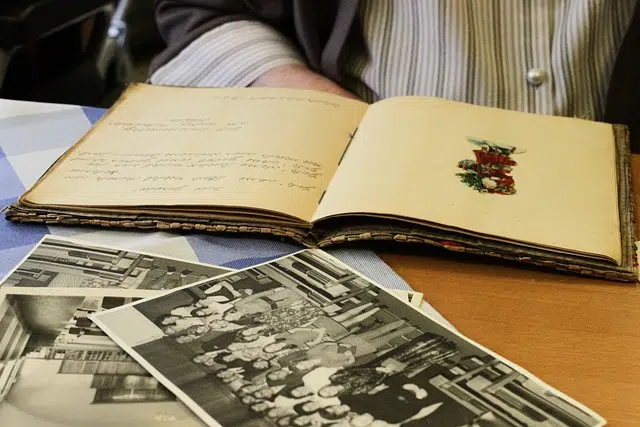
A biography is a narrative that details the most important events in a person's life.
Biography is the life story of a person. The word comes from a Greek compound term: bios ( "life" ) and graphein ( "write" ). Biography can be used in a symbolic sense. For example: “The president's biography reflects that she has never been in a similar situation.” In this case, the notion of biography refers to the life story in general, without material support.
In the most common cases, however, a biography is a written narrative that summarizes the main events in a person's life. The literary genre in which these stories are framed is also known as biography.
Development of a biography
Biographies usually begin with the birth of the subject in question (usually a public and famous person) and can even go back to their family history (family tree, ancestors, etc.). Biographies whose protagonist has already died go up to the moment of his death, while, in other cases, the author of the narrative can choose up to which moment to cover.
As a literary genre, biography is narrative and expository . It appears written in the third person, with the exception of autobiographies (where the protagonist is the one who narrates the actions). Although it may include subjective assessments of the author and data about the context in which the protagonist's life takes place, the basis of the biography is exact and precise data, such as dates, names and places.

Due to its characteristics, a biography is both narrative and expository.
Most common structure
The basic structure of a biography includes the introduction (a presentation of the character), the development (the narration of the significant events in his life) and the conclusion (this is the most subjective segment, with an assessment of the significance of the character).
Nowadays there are many Internet pages that offer a database with various biographies, in this way anyone who wants to know information about the history of an individual can access it easily.
How to write a biography
At first glance, writing a biography may seem like a simple task, however, if you want to do a good job, it is necessary to take it extremely seriously and carefully analyze every detail that we are going to include, to avoid giving false testimony.
When deciding to write a biography, you must be clear about which person you are going to write it about , and gather as much data as possible about them and their life, in order to offer a complete and homogeneous work.
It must be taken into account that the purpose of this type of text is, above all, to make known what is fundamental in the life of a certain public person ; giving more importance to his professional work than to the circumstances of his private life and telling about his way of working and everything that may be relevant to understanding his work.
It is important to note that there are some questions that can serve as props to collect information; starting from the individual's past until reaching his present, such as: who were his parents and what relationship did he have with them? When did you discover that you wanted to dedicate yourself to that activity and what were your first steps in the environment? and everything that can help us understand what led him to become the person we all know.
If possible, it is advisable to interview, if not the protagonist, then someone who has been close to him, and gather all the data that can help us write his story; It is usually very useful to record the interviews and write them down.
Once you have all the information, it is advisable to organize all the content and ideas before beginning to capture them and know how to discern from all that information which is really relevant and which can be discarded.
